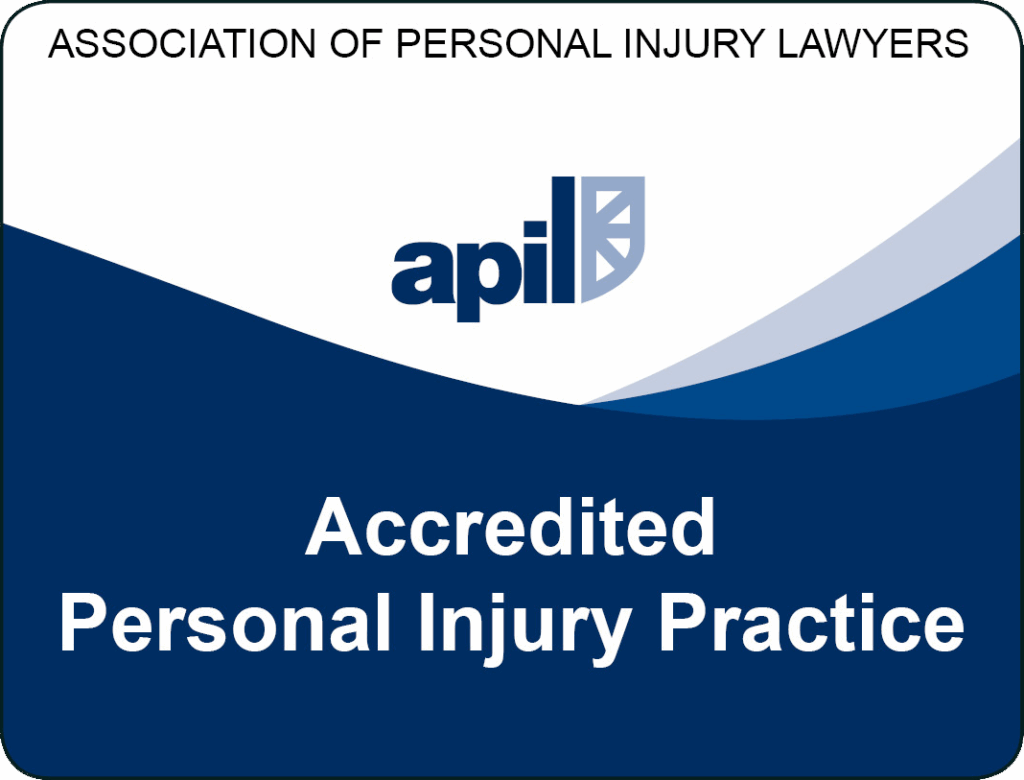Following divorce or separation, arranging childcare and holiday plans for the school holidays can be difficult.
Lizza Frary, Legal Assistant within the family team at Hatch Brenner Solicitors, has experienced first-hand how the Hatch Brenner Family and Child Law Solicitors can help separated parents reach solutions to spend time with their children during school holidays. In this article, Lizza has set out some helpful tips and guidance.
Whilst it is usually every parent’s wish to spend quality time with their children over the school holidays, it is not always easy to arrange. Children can have in excess of 13 weeks’ holiday each year (and not many of us have 13 weeks annual leave!). Parents often wish to take children abroad, particularly during the long summer holiday period and have to juggle work commitments.
There are no hard and fast rules as to how much time children should spend with each parent or how children should share their time during school holidays. Often, families have to be rather creative to come up with workable solutions for their personal circumstances. And, if you are wishing to take your child(ren) abroad on holiday, here are some tips for agreeing on the arrangements:
- Communicate and give plenty of notice – set out in an email/text message your proposal. It is always sensible to give as much notice as possible to the other parent of your proposed holiday.
- Provide details – you are not obliged to provide a full itinerary but, if you are intending on taking your child(ren) abroad, it is important that you provide details of your proposed holiday (dates, address of accommodation, names of airports, flight times/flight numbers, people accompanying your child(ren) on holiday).
- Confirm the arrangements for passports – Are they valid? If they need renewing, who will be responsible for this? Who will pay for the renewal? When will the passport be handed to the other parent for the proposed holiday?
- Try to be flexible – if you and your child(ren)’s other parent can agree your holiday plans, give consideration to agreeing to your ex-partner’s request for additional time/date changes.
- Ask your child(ren)’s other parent to provide their consent to your proposed holiday.
Holidays and traveling abroad
Separated parents need to be aware that they require the consent of all people who share Parental Responsibility for their child(ren) to take them abroad. It is best if this consent is provided in writing. (Holidays in England and Wales would not usually require the other parent’s permission, but it is often best to obtain this, to help build the co-parenting relationship).
Who has Parental Responsibility?
- Mothers automatically have Parental Responsibility for their children born to them
- Fathers married to the child’s mother
- Fathers named on their child’s birth certificate
- Fathers named in Parental Responsibility Agreement/Step-Parent Parental Responsibility Agreement
- Those named in a Child Arrangements Order providing for the child(ren) to Live With them (previously known as Residence Orders)
If you travel without permission, you could be accused of child abduction. However, it would be unreasonable for the other parent to withhold consent unless they believed the child(ren) would be at risk of harm if they were to go abroad. Where parents are intending to travel to holiday destinations (in accordance with Foreign & Commonwealth Office travel advice) it would be unreasonable for the other parent to prevent this in the absence of any welfare concerns.
What if my child(ren)’s other parent refuses to provide consent?
Ultimately, the Family Court could make a decision as to whether you have permission to take your child abroad on holiday (known as leave to remove from the jurisdiction). However, Court proceedings are a last resort.
Courts are currently experiencing significant backlogs, so an application to Court is never a ‘quick fix’. The proceedings can be expensive and cause considerable delay and acrimony. Before making an application to Court parents are encouraged to consider other ways to resolve the issue (Alternative Dispute Resolution) including:
- Mediation – a trained, impartial mediator will attempt to assist you and your ex-partner to reach an agreement regarding the issue.
- This will usually involve one or two joint sessions (which can often be held remotely).
- Collaborative Law – a process where you and your collaborative lawyer meet with your ex-partner and their collaborative lawyer.
- The process involves informal discussions and joint meetings and requires a shared commitment to avoid Court proceedings.
- Early Neutral Evaluation – where an independent person (often a senior barrister or solicitor) evaluates a case at an early stage and gives their preliminary view of the outcome.
- Arbitration – your case is presented to an independent arbitrator (who is selected by agreement) who will adjudicate and make a decision.
There are numerous out-of-court options but the best solution is likely to be the arrangement that you and your child(ren)’s other parent can agree between you.
Further advice
If you would like to discuss arrangements for your children please contact Lizza Frary in the Family team at Hatch Brenner Solicitors. Lizza is happy to help you and arrange an initial consultation with one of the solicitors in our team.





